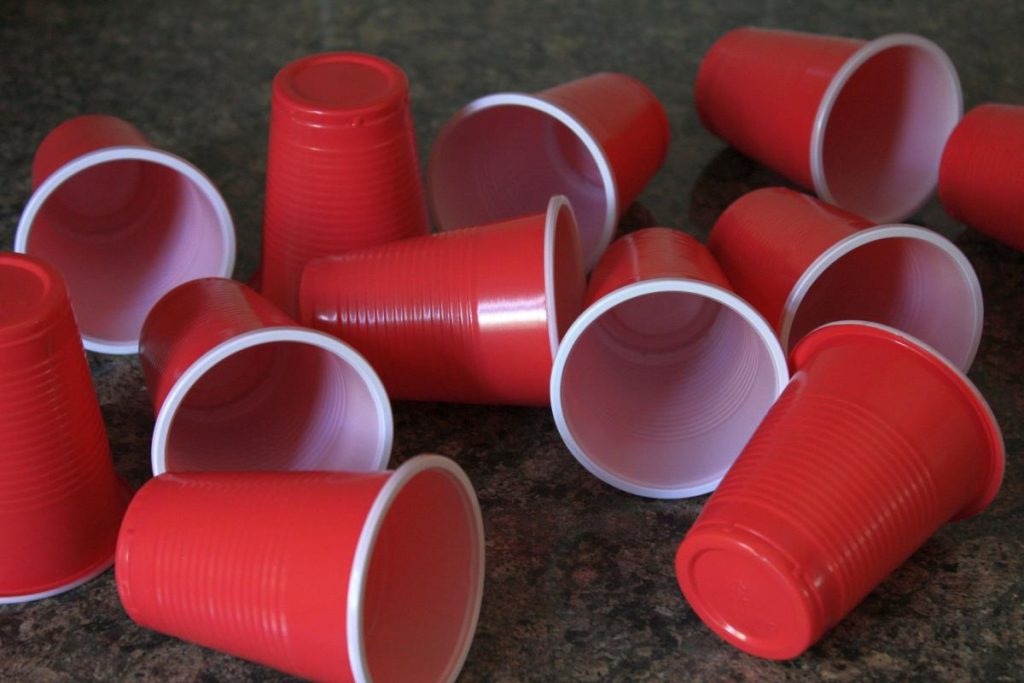
Oceana asked a representative sample of the entire Danish population about their views on disposable plastics. Of the respondents, 75% believe that snack bars should offer customers a reusable solution with regard to take-away food and consider that the widespread use of disposable plastics represents a serious threat to the environment.
Denmark is a coastal country with a strong coffee culture to buy and take away. According to the survey, Oceana estimates that Danes consume 10.8 million cups of coffee a month, and many of them are at risk of ending up in the ocean and affecting marine ecosystems. Disposable cups are among the 10 items most frequently found in Denmark’s environment, including on the beaches. These and other plastic objects pose a direct threat to animals, which die from being trapped, or from ingesting, from suffocation or hunger.
Faced with this scenario, Oceana calls on the Danish Parliament (Folketinget) to consider the opinion of citizens in their current discussions on the implementation of European Union requirements to regulate disposable plastics in the country. The organization also recommends the phasing out of disposable cups in Denmark, including the requirement that 80% of all of them be reusable or returnable by 2030. To do this, snack bars and bars should be required to offer consumers these options, which 75% of respondents would welcome.
“This survey shows that nine out of 10 citizens are deeply concerned about plastic pollution and would like to see changes in current legislation. Political representatives have the opportunity to act on this. The government and all parties in Parliament must go beyond the minimum standards set by the European Union and put an end to this disposal culture that is harming the ocean. The best way to do this is to invest a lot in reusable options , ” said Naja Andersen, Oceana’s senior policy consultant in Europe.
Folketinget is currently discussing a proposal by the Ministry of the Environment for an expanded producer responsibility regime for disposable plastics, within the Disposable Plastics Directive and the EU Packaging Directive . It envisages that manufacturers cover the costs of collecting and treating waste from their disposable products.
BRAZILIANS WANT DELIVERY WITHOUT PLASTIC
In Brazil, consumers are also uncomfortable with the amount of disposable plastic items they receive when delivering ready-to-eat food by application, such as cutlery, plates, glasses, sachets, straws and stirrers. According to the survey “ Perceptions about plastic among users of delivery applications ”, 72% of people want to receive orders without disposable plastic. In addition, 15% say they have already stopped requesting the service because they feel uncomfortable with the amount of plastics shipped with the food.
The survey was carried out in March this year by Ipec (Intelligence in Research and Consultancy) on demand from Oceana and the United Nations Environment Program (UNEP) with a representative sample of the entire Brazilian population. The two organizations lead the # DeLivreDePlástico campaign, launched last December.
To support measures to reduce plastic items sent in application delivery orders, Oceana has opened an online public petition . More than seven thousand people have already signed the petition in less than a week – and the document received support from other environmental organizations and Brazilian celebrities such as actors Mateus Solano, Cauã Raymond, Laila Zaid and the world record holder for giant wave surfing, Maya Gabeira.
Brazil, the largest producer of plastics in Latin America, dumps more than 325 thousand tons of plastic waste per year into the sea, worsening a type of pollution that, in addition to the environmental impacts, also has negative consequences for the fishing activity and for the tourism sector. , as the study A Plastic Free Ocean , published by Oceana in December 2020 showed .